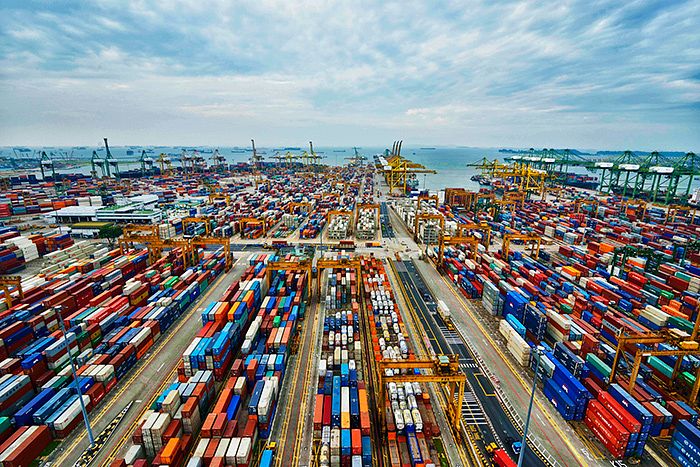If agreed on, the groundbreaking Trans-Pacific Partnership (TPP) free trade pact, currently being negotiated by 12 Asia-Pacific countries, will not only result in skyrocketing Vietnamese GDP, but reduced economic reliance on China, according to The Diplomat.
The benefits of the TPP in terms of Vietnamese GDP growth have been well publicized. In April, a Harvard professor, speaking at a conference in Hanoi, said that the country could experience 13.6% GDP growth by 2025 thanks to the agreement.
The Diplomat argues that the “China factor” is also at the center of Vietnam’s interesting in pursuing the pact:
“For certain analysts, it is either a driving force or a source of friction for the evolving nature of relations between these two neighbors-cum-comrades.
Domestically, the Vietnamese elite and scholars are debating the need for an urgent and dramatic shift, both in Vietnam’s distinctive growth model and its strategic approach, in order to seek a balanced position between great powers in the region.”
Related Articles:
- Harvard Prof: Vietnam Could See 13.6% GDP Growth by 2025
- US and Vietnam Prepare for Epic Catfish Battle
- EuroCham: Vietnam’s GDP Could Reach 21% With EU Trade Deal
The paper added that the trade balance between the 2 countries has “consistently” been in China’s favor and that many industries rely on imported goods from the country for their production lines.
This is a frightening reality for some:
“In the shadow of the dragon, the concern that Vietnam’s core industries could be wiped out or at least dominated by Chinese companies is becoming very real.”
The TPP would potentially allow Vietnam to reduce trade with China, focusing on developing relationships with other members of the agreement, but this is far from certain.
This is all fairly theoretical, especially as negotiation of the pact has been slow going recently, prompting U.S. negotiators and their Vietnamese counterparts to reboot talks which were held in Hanoi this week.
And then there’s always the catfish issue to deal with…














